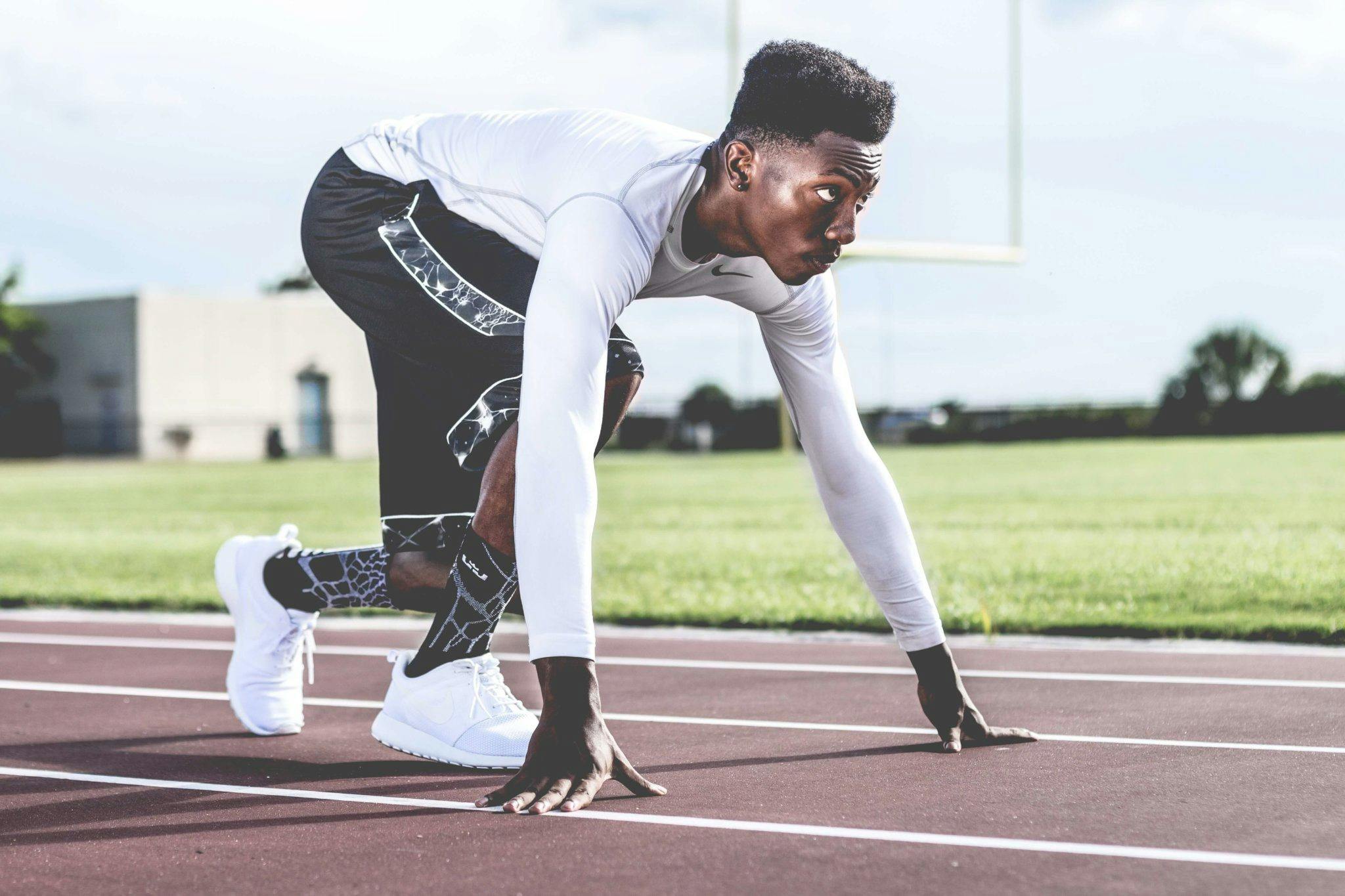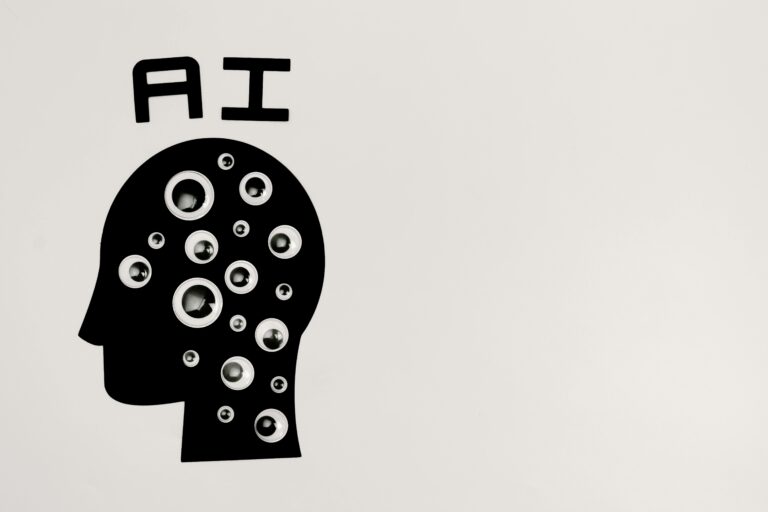The Science of Recovery: How Sleep Became the New Superpower for Athletes
For years, athletes have focused on training harder, running faster, and lifting heavier. But today, one of the most important performance enhancers doesn’t come from the gym—it comes from the bedroom. Sleep has emerged as the ultimate recovery tool, a natural superpower that sharpens the mind, strengthens the body, and gives athletes the competitive edge they crave.
Why Sleep Matters More Than Ever
Sleep isn’t just downtime. It’s when the body repairs, rebuilds, and prepares for the next challenge. During deep sleep stages, muscle tissue heals, growth hormones are released, and memory consolidation takes place—all critical functions for athletes learning plays, building stamina, and recovering from grueling workouts.
According to research from the Journal of Sports Sciences, athletes who sleep less than 7 hours a night experience slower reaction times, decreased accuracy, and higher injury risk compared to those who prioritize rest. In other words, sleep is as important as practice and nutrition.
Sleep as a Performance Enhancer
Top athletes now treat sleep like a training discipline. Here’s how:
- Improved Endurance: Studies show runners and cyclists who get adequate sleep perform better in long-distance events.
- Better Decision-Making: Sleep helps athletes process complex plays and make split-second decisions under pressure.
- Stronger Immunity: Quality sleep reduces the risk of illness, keeping athletes in peak condition during crucial seasons.
- Injury Prevention: Well-rested muscles and joints are less prone to strains, tears, and overuse injuries.
Tom Brady famously prioritizes sleep, aiming for 9 hours nightly, while LeBron James has credited his 12-hour sleep schedule for extending his peak performance.
The Role of Sleep Science in Sports
Sports teams now hire sleep coaches, and wearable technology tracks everything from heart rate variability to REM cycles. The science of recovery has become data-driven:
- Wearables like Whoop and Oura Ring monitor sleep quality, giving athletes insights into recovery needs.
- Sleep pods in training facilities provide players with a quick recharge before or after practice.
- Blue-light reduction strategies help athletes wind down after late-night games or travel.
Even airlines and team managers are factoring in sleep science to optimize travel schedules, ensuring athletes perform at their best despite time-zone changes.
Sleep vs. Other Recovery Methods
While ice baths, massage guns, and compression gear get a lot of attention, sleep outperforms them all. These tools can assist recovery, but nothing replaces 7–9 hours of restorative sleep. The difference is cumulative: one bad night may not ruin performance, but chronic sleep deprivation can derail entire seasons.
Barriers Athletes Face
Despite knowing its importance, athletes often struggle with sleep:
- Travel Fatigue: Jet lag disrupts circadian rhythms, especially in international competitions.
- Stress & Anxiety: The pressure to perform can keep athletes awake.
- Late Games: Competing under bright lights pushes back natural sleep cycles.
Overcoming these barriers requires strategies like controlled light exposure, consistent routines, and mindfulness practices to ease pre-game nerves.
The Future of Sleep in Sports
The future of athletic performance may hinge on optimizing sleep even further. We could see:
- Personalized Sleep Prescriptions: AI-driven programs that adapt training loads to sleep data.
- Sleep-Focused Facilities: More teams investing in recovery centers that prioritize rest alongside training.
- Public Awareness: Athletes using their platforms to inspire fans to value sleep as much as exercise.
As the sports world increasingly embraces sleep, it’s clear this once-overlooked element has become a game-changer in recovery science.
Sleep is no longer an afterthought—it’s the new superpower for athletes. By respecting rest as much as training, athletes unlock peak performance, prevent injuries, and extend their careers. Whether you’re an Olympian, a weekend runner, or someone chasing personal health goals, the lesson is the same: if you want to win, start by getting a good night’s sleep.







